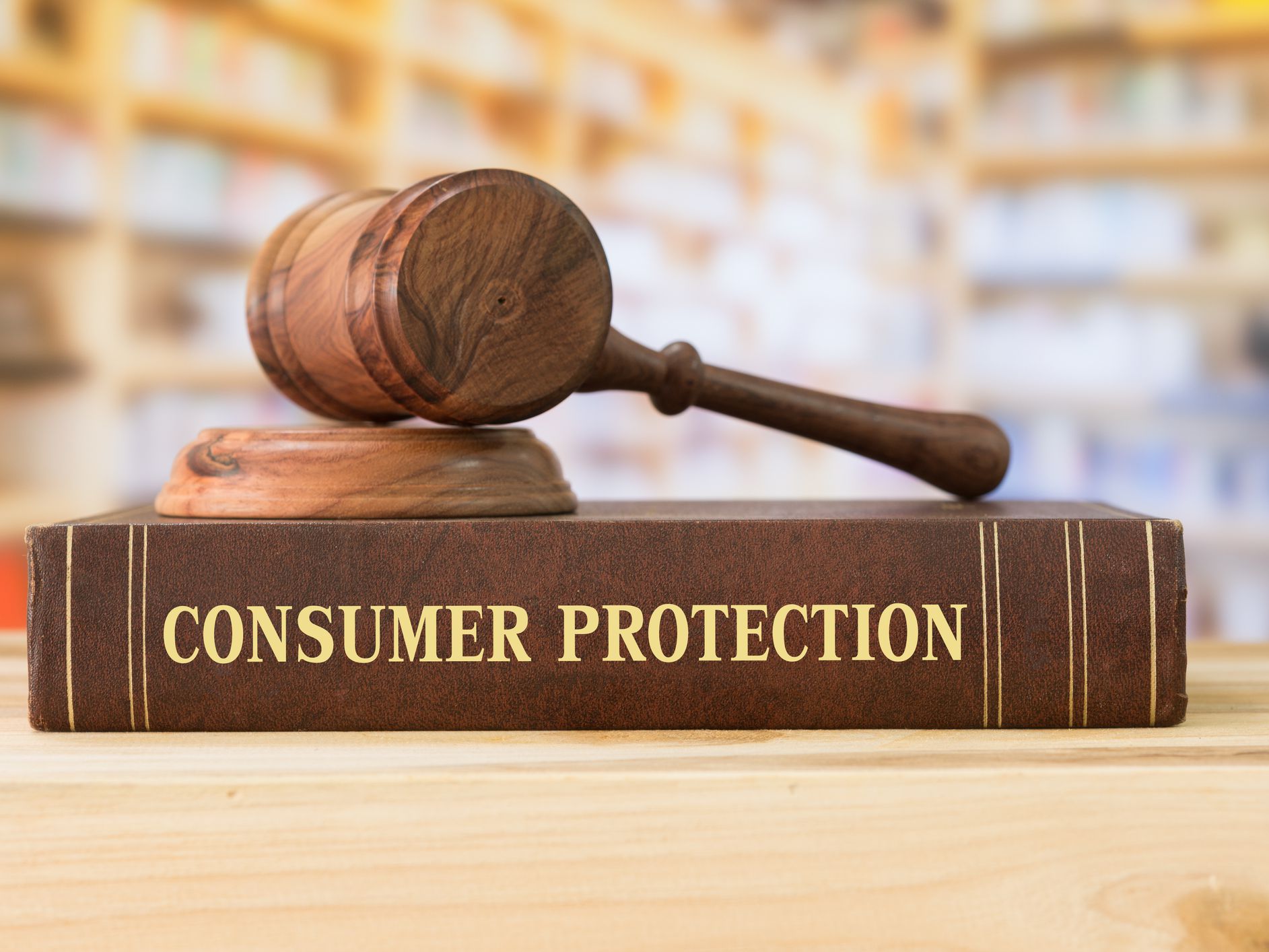The elephant in the room – The Fair Business Practices Act.
This may be the most important video in the entire program – about 5 minutes devoted to the Georgia Fair Business Practices Act. Did you know that an as-is sale doesn’t get you out of a violation of the FBPA? Did you know the Secretary of State can investigate an FBPA violation AND so can your customer? Did you know penalties for a violation of the Act could be THREE TIMES the customer’s actual damages?
Learn about this and more in this video explaining the basics of the Fair Business Practices Act.
Below is a transcript of the video:
The Georgia Fair Business Practices Act, that’s O.C.G.A. Sections 10-1-390 et seq. as the lawyers say, “et seq.”, which really means continued because it’s a number of code sections after that. One of the most important ones is 10-1-399, which requires the complainant under the Fair Business Practices Act to send a notice of the violation of the act and a demand in the notice. Then the defendant, or the person or business being accused, has 30 days to respond to the notice.
What a lot of people don’t know about the Georgia Fair Business Practices Act is that the defendant can respond with a reasonable counter-offer or settlement offer, and if the plaintiff, the customer in a case of a dealer, goes off and sues the dealer and wins at the end of the day, then the judge can actually limit the win to the amount of that counter-offer, if the judge finds that that counter-offer was reasonable in light of the circumstances. That is something a lot of people don’t know.
In fact, a lot of lawyers don’t know that. The Georgia Fair Business Practices Act is the most common civil violation that I see with car dealers, meaning it is the most common lawsuit brought by customers, at least those that have attorneys. The Pro-Se customers, those representing themselves who file in small claims court, they’re not moving under the Fair Business Practices Act, but the ones that have a law firm behind them and a lawyer behind them are generally coming after dealers for violations of the Fair Business Practices Act.
What is a violation of the Fair Business Practices Act? This is one of my favorite things, or I should say least favorite things about the act. It covers any unfair business practice. What is that? How do we define that? The legislature wrote in the act a sort of a catch-all provision that says any unfair business practice. Plaintiffs’ attorneys in car dealer cases have argued that disclosures at auction that aren’t disclosed to the customer are an unfair business practice.
Any superior knowledge that the dealer has that the customer doesn’t have and the dealer does not disclose is an unfair business practice. Things like that where there’s something that the dealer is hiding from the customer in order to sell the car, they’ve argued that’s an unfair business practice. In a later video, we’ll talk about how that applies, because a lot of dealers think, “if I sold it as-is, it doesn’t matter what I say, it doesn’t matter what I disclose. It doesn’t matter how or what paperwork I use, as long as it’s as-is there’s nothing they can do wrong.”
The Fair Business Practices Act may still provide an avenue for a customer to come after a dealer, even in an as-is sale. That’s the civil side. When I say civil, I mean, that’s the consumer versus the dealer in a Fair Business Practices Act claim. Now, one of the key components of an FBPA claim is that it does have to be in the consumer marketplace.
A finance company cannot sue a dealer for a Fair Business Practices Act violation because that is not a consumer transaction. That’s a business-to-business transaction. The other place, though, besides the consumer versus the dealer, where you see an FBPA case is with the Secretary of State’s Office of Consumer Protection. If they receive complaints or if they’re doing an audit or an investigation of a dealer, they might allege that that dealer is committing an unfair business practice and on behalf of the state of Georgia, they might open up that investigation and proceed in a lawsuit against the dealer to enforce the Fair Business Practices Act as a state interest.
The Office of Consumer Protection under the Secretary of State actually has an interest in making sure that the businesses in Georgia are not committing unfair business practices. To enforce that, they would open up a complaint against the dealer. Those can be messy, but they can also be negotiated. It just depends on the case and it depends on the situation. The FBPA highlights: number one is the notice requirement, number two is that it has to be a consumer transaction in a civil case, and number three is that the government can actually pursue an FBPA claim.
For more videos on the Georgia Car Law Authority series, please visit www.georgiacarlaw.com.
For more information and to book a strategy session, click here!
P.S. Have you heard about The Driveway, our monthly legal membership program? Check it out here!


